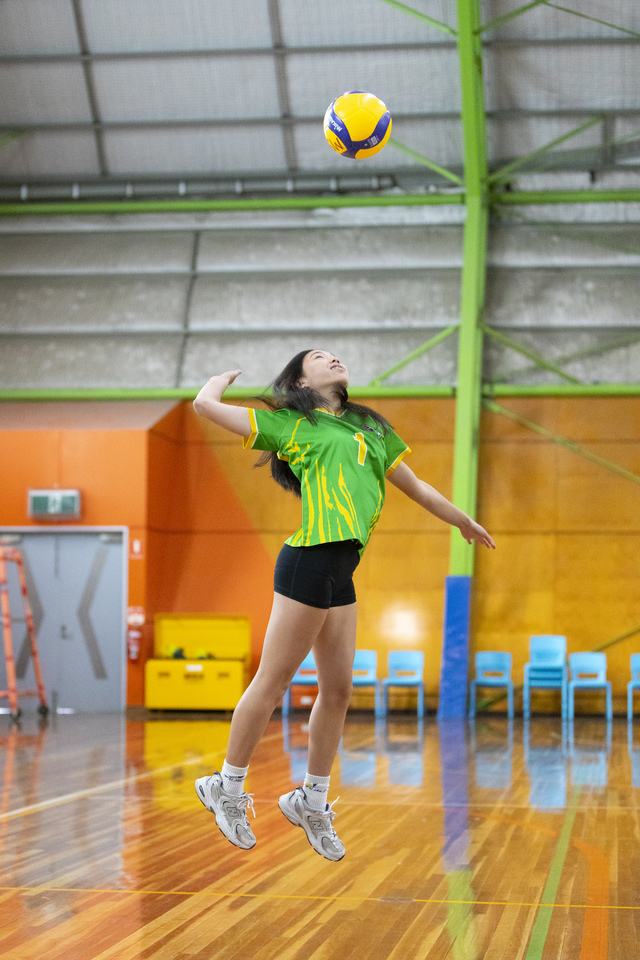University of Melbourne researchers are leading a purpose built program advocating for more neurodiversity inclusive workplaces.
The initiative was established in response to a pilot study published in Neurodiversity journal, which revealed a series of barriers to inclusion for neurodivergent university staff and students with sensory processing differences.
Eleven neurodivergent staff and students were interviewed as part of the study.
The participants identified with a diverse range of conditions including Attention-Deficit/Hyperactive Disorder (ADHD) and autism, and were asked a series of questions around their experience studying and working at the university.
The results showed neurodivergent individuals have to navigate many sensory and spatial challenges. Many participants expressed open plan offices are poorly designed and aren’t conducive working environments for people with sensory differences as they’re too distracting and offer limited privacy.
Another common work barrier was sensory overwhelm due to offices having too much or too little background noise, harsh and bright lighting which can spur on migraines, limited room for movement, and inadequate temperature control.
“Half of the participants explained how they felt the need to mask their stims as they weren’t publicly out as neurodivergent,” said one of the initiative’s lead researchers Dr Jessica Riordan.
“Many described how they were often left to deal with workplace challenges themselves at their own cost as it takes a lot of time and energy to apply for formal accommodations due to the level of red tape involved.”
The initiative was established in August 2023 and is run by academics with lived experience of neurodivergence.
The program’s objectives are to improve the understanding of neurodiversity, conduct quality neurodiversity-affirming research, and build a stronger sense of community for neurodivergent staff and students.
Some of the project’s achievements so far include establishing an advisory group of neurodivergent staff members and allies, establishing the Celebrating Neurodiversity Research Symposium, rolling out training seminars and workshops, and launching the Higher Education Neurodiversity Network which connects communities worldwide.
The pilot study can be viewed at: https://doi.org/10.1177/27546330241285353







